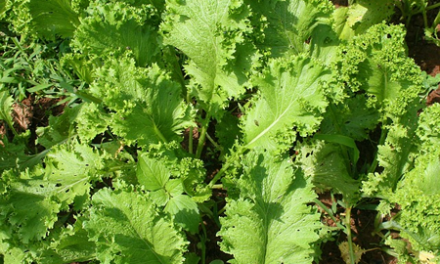Early diagnosis of diabetes is extremely important. The earlier it is diagnosed, the sooner steps can be taken to manage the disease and prevent or delay complications. The Canadian Diabetes Association recommends routine screening every three years for everyone age 45 or over and screening every year for individuals with other risk factors.
Diabetes is a disease in which the body cannot properly store and use food for energy. The fuel that a body needs is called glucose, a form of sugar. Glucose comes from foods such as fruit, milk, some vegetables, starchy foods and sugar.
To control blood glucose, people with diabetes need to eat nutritious foods, be physically active and may need to take pills and/or insulin. Here are some tips to help people recently diagnosed with diabetes, but they hold true for anyone seeking a healthier lifestyle.
Tips- Eat three meals per day at regular times and space meals no more than six hours apart. You may benefit from a healthy snack. Eating at regular times helps your body control blood glucose levels.
- Eat more high fiber, less refined foods. High fiber cereals can provide almost half your required daily intake of fiber. Foods high in fiber may help you feel full and may lower blood glucose and cholesterol levels.
- Limit sugars and sweets such as sugar, regular pop, desserts, candies, jam and honey. Large intakes of sugar may cause higher blood glucose. Artificial sweeteners can be useful.
- Limit the amount of high fat food you eat such as fried foods, chips, and pastries. High fat foods may cause you to gain weight. A healthy weight helps with blood glucose control and is healthier for your heart.
- If you are thirsty, drink water. Drinking regular pop and fruit juice will raise your blood glucose.
- Add physical activity to your life. Regular physical activity will improve your blood glucose control.
NC









